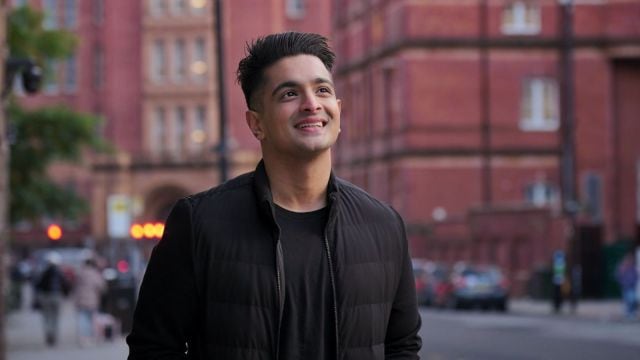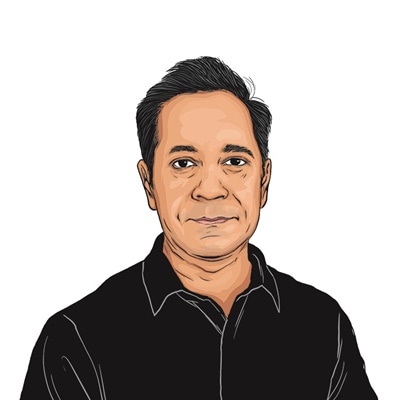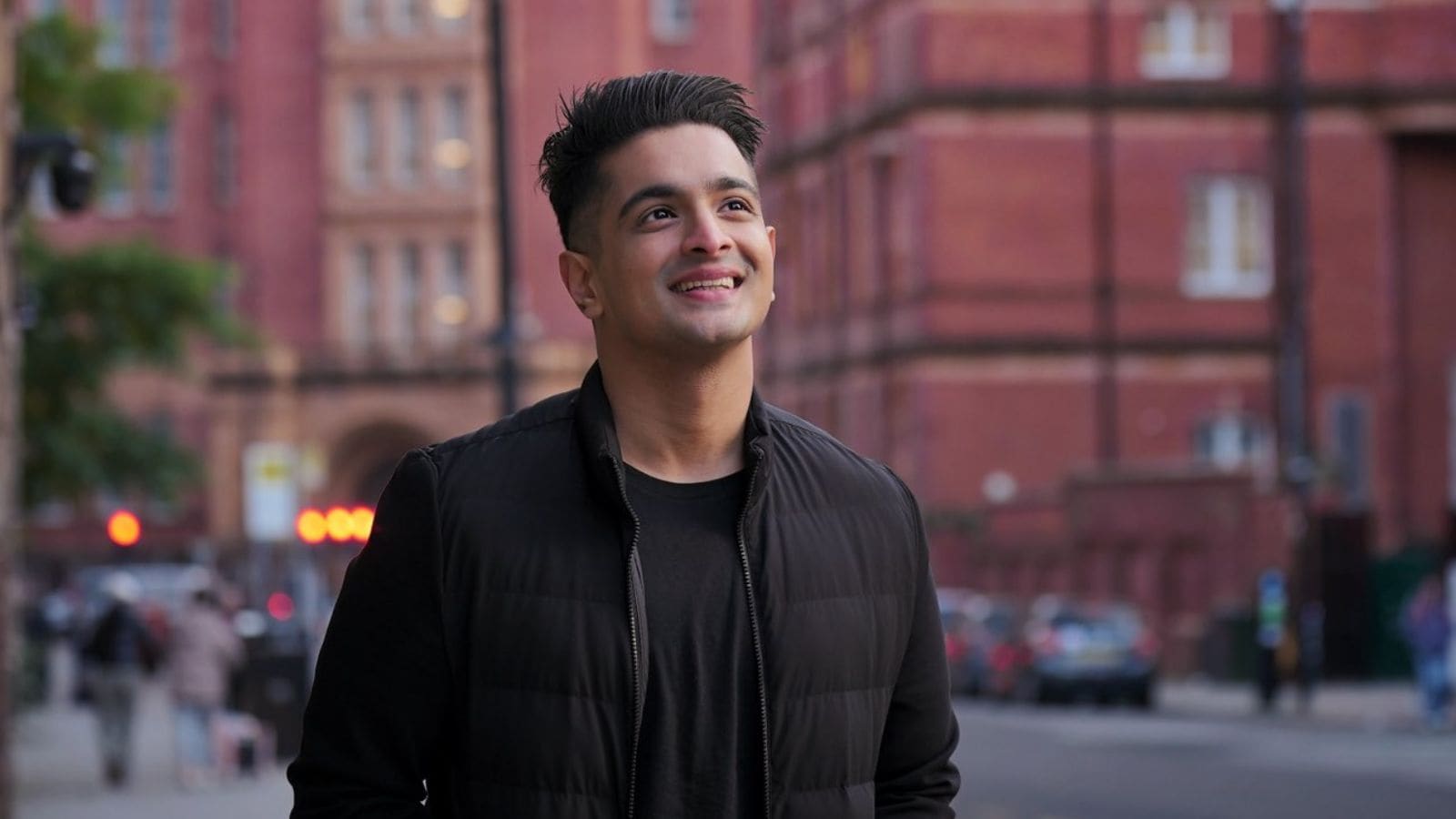

Feb 20, 2025 15:05 IST First published on: Feb 20, 2025 at 15:04 IST
Over the last few days, Ranveer Allahbadia’s case has been capturing public imagination. Multiple articles have been written on what the “BeerBiceps” guy said on a YouTube show. Opinion is divided about how such comments should be dealt with by the state. Yet, even the articles defending his right to free speech often contain a caveat that the writer personally found the comments offensive. It seems that the right to free speech has to be preceded by an apology for asking for it.
It seems that the Supreme Court thought it should do the same. When Allahbadia moved the Court seeking protection from the multiple FIRs filed against him in various states, the Court did grant him protection — but with conditions. As reported in the papers, the Court orally expressed its gratuitous moral disapproval about the comments. Statements made by judges in court are not binding, of course, but in this day and age, surely, the judges are aware that what they say will be widely reported. This calls for a certain amount of circumspection. But that is another article for another day.
Story continues below this ad
While expressing its view that the comments cause shame to society, the Court also proceeded to impose an extremely unusual condition. It restrained Allahbadia from airing any show till the next date of hearing. It can only be wondered whether the Court knew this would effectively render the YouTuber unemployed and hence, possibly, unable to defend himself (since engaging with the legal system costs money). But that is also not the least of the issues with the order, which is problematic for at least two other reasons. First is its impact on the liberty of all citizens and second is the effect it has on freedom of the press.
Traditionally understood, the Constitution recognises that a citizen has the right to various freedoms, including the right to free speech. Whenever the legislature or the executive threatens to infringe that right, the courts function as its guardian. The makers of the Constitution imagined that the might of an overbearing state could only be resisted by a powerful court coming to the aid of the powerless citizen. So, an order where the Court restricts free speech flips the constitutional scheme on its head. Where is a citizen to go when her free speech is restricted by the very authority meant to protect it?
Rather than being a neutral umpire in questions relating to the extent of free speech, the Court has become a participant. When the protector turns prosecutor, the delicate balance of power between different institutions of the state falls apart. The ultimate price for this breakdown is paid by citizens through their loss of liberty. Instead of turning to the Court for redress against an overbearing executive, they have to barter some of their freedom to ensure protection. Rights are surely not transactional — the loss of freedom should not be the price for the pursuit of liberty.
Story continues below this ad
Secondly, the order also has potentially serious ramifications for the freedom of the press. It is fashionable to call YouTubers “content creators”, but in the cacophony of social media, it is easy to forget that there are a host of online platforms offering alternative journalism. It is these sites which offer a counter-narrative to the mainstream reportage. This is something that irks the government (and all political parties) which is itching to control these independent voices. The Court has set a dangerous precedent of passing a gag order on all future content based on an individual show that has offended some people.
People are quick to take offence. It is possible that cases will now be filed against journalists — they will seek not just the removal of “offensive” articles, but a halt on all future reporting. The jurisprudence of the Court was always against any pre-censorship. The order has driven a coach and horses through that principle.
most read
This result will likely please the executive. Taking sanction under the Court’s observations, it is likely to further restrict the rights of citizens. This time the citizens will have nowhere to turn to because it is the Court itself which has initiated the act of restricting the most fundamental of all freedoms.
Given how short-lived public memory is, no doubt some other event will overtake this news in the coming weeks. Sadly, the price of this amnesia, this temporary outrage over the restriction on free speech, is a step towards the normalisation of censorship. A nation that can forget the treatment meted out to Munawar Faruqui or the multiple FIRs against journalists or the recurrent social-media hounding of anyone saying anything contrary to the morality of the day is destined to see its freedoms wither away. When the Court becomes party to restricting, rather than protecting free speech, the citizens of the country ought to be afraid indeed.
The writer is a senior advocate at the Delhi High Court and is the author of, most recently, Who Is Equal: The Equality Code of the Constitution


